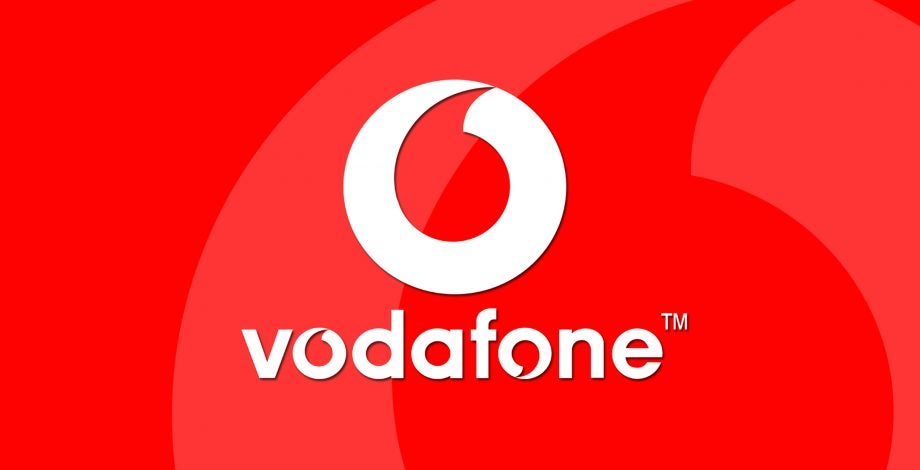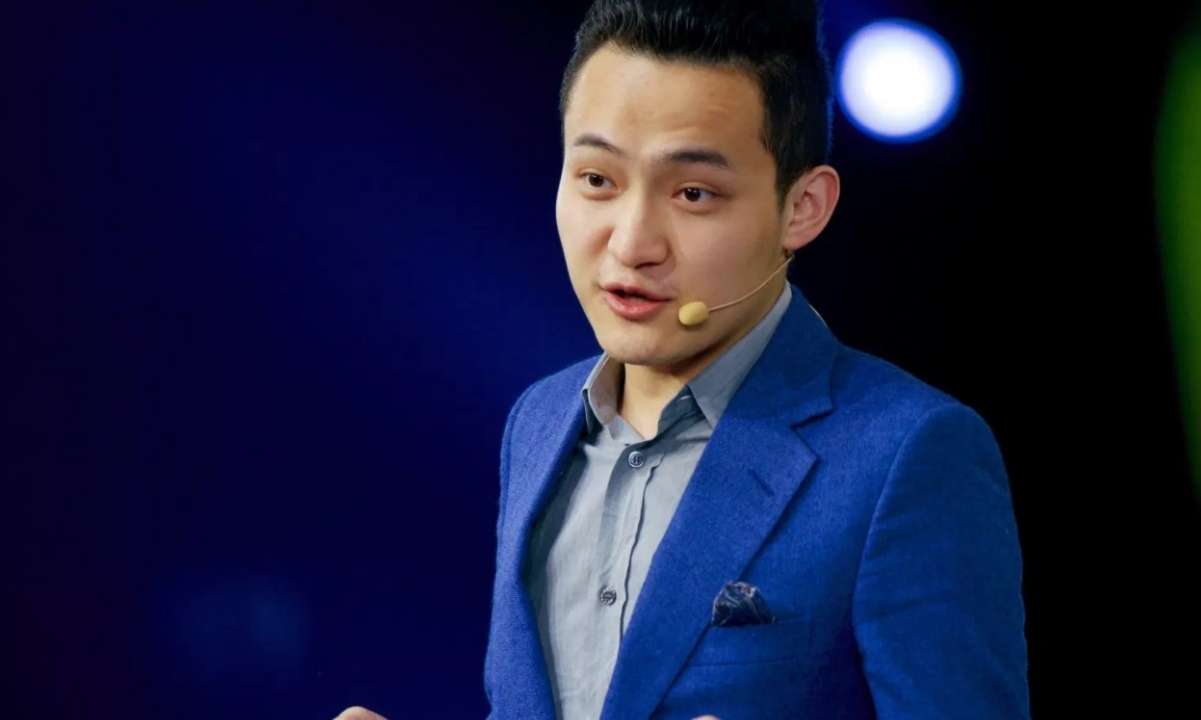Hundreds of thousands of people, mostly the elderly and those who live in rural areas, will be forced to upgrade their phones by the end of 2023, as Vodafone sets a deadline for shutting down its ageing 3G network next year, promising that “no one will be left behind.” Vodafone, which has about 18 million UK mobile customers, will turn off the nearly two-decade-old network as usage declines, allowing it to focus on expanding its 4G and 5G networks with the freed up spectrum.

However, the company, which is phasing out 3G at the same time as EE-owner BT, admits that hundreds of thousands of customers have remained loyal to their 3G-only phones, particularly older customers who have been unable to be persuaded to join the smartphone revolution. Furthermore, parts of Cornwall, rural Scotland, and north Norfolk still only have 2G coverage, accounting for about 2.2 percent of the UK, despite the fact that voice calls are possible thanks to a 2G signal. “We’re going to start communicating with customers about this today,” said Ahmed Essam, Vodafone UK’s CEO. “Our goal is for everyone to stay connected, and we will do everything possible to make that happen.”
Vodafone estimates that well over 2 million individuals are still using 3G handsets across all of the UK’s mobile networks, and is starting an awareness drive to ensure that no customers are left in the equivalent of the digital dark when the 3G signal is turned off next year. The business wants tech-savvy younger smartphone users to “check in” with relatives and friends to determine if they need to upgrade. “There are people who are hesitant to use technology,” Essam explained. “We want to make sure that everyone receives the assistance they require and that no one is left behind.”
Partnering with organizations such as the Good Things Foundation, which aims to achieve digital inclusion across all socioeconomic groups, is part of a year-long communications campaign, with an announcement on a partner specifically focused on older demographics expected in the coming weeks.
“People risk being disconnected, shut out, and left behind as we move away from 3G,” said Helen Milner, group chief executive of Good Things Foundation.
Vodafone, which debuted its 3G network in the UK in November 2004, claims that the network currently carries less than 4% of all data utilized by subscribers. In 2016, the 3G network carried 30% of all data traffic.
“Over the last 17 years, 3G has connected so many people,” Essam remarked, “but the future is 4G and 5G.”Vodafone, which has already turned off 3G networks in Germany and Italy, claims that the switch-off would improve the environment in the long term because 3G networks were created with what is now deemed wasteful equipment, whereas 5G networks are 10 times more efficient. BT was the first operator to announce last summer that it will phase out its 3G network in stages, with full switch-off expected by the end of next year.
Three and Virgin Media O2, the UK’s other two largest mobile operators, have made no plans to shut down their 3G services. Hutchison, the parent company of Three UK, paid £4.4 billion in 2000 for the UK’s first 3G license and inaugurated the first network in March 2003.











